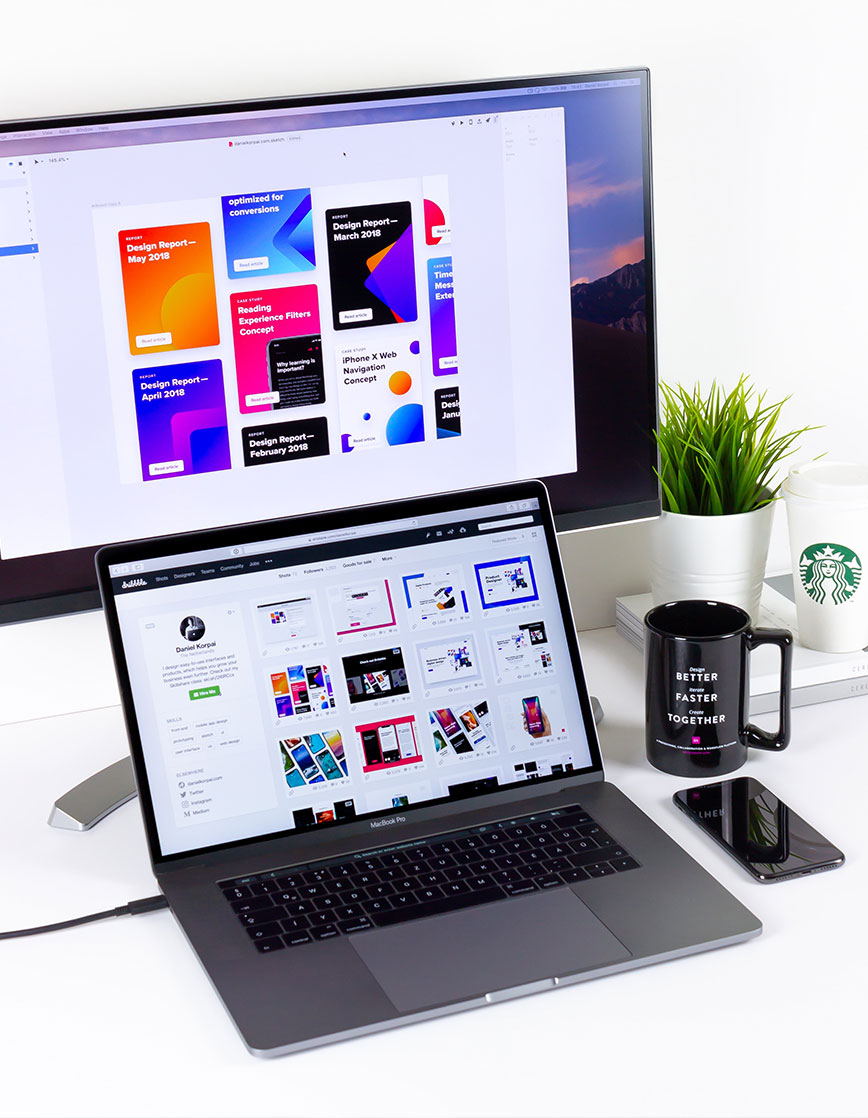5 Tips to Improve Your Coding Skills and Productivity
5 Tips to Improve Your Coding Skills and Productivity
October 15, 2025

5 Tips to Improve Your Coding Skills and Productivity

Our amazing team is always hard at work
Final Thoughts
Improving your coding skills and productivity isn’t about rushing or doing more in less time — it’s about coding smarter. Focus on building good habits, practicing regularly, mastering your tools, and keeping an open mind.
Every line of code you write, every bug you fix, and every problem you solve takes you one step closer to becoming a better developer.
So stay curious, keep coding, and remember: progress, not perfection, is what truly matters.
Copy to Clipboard